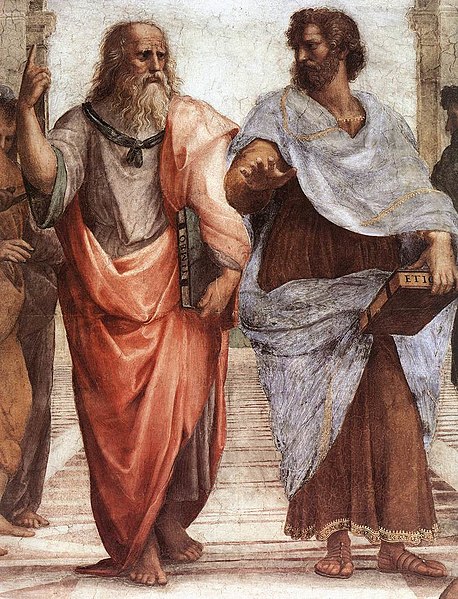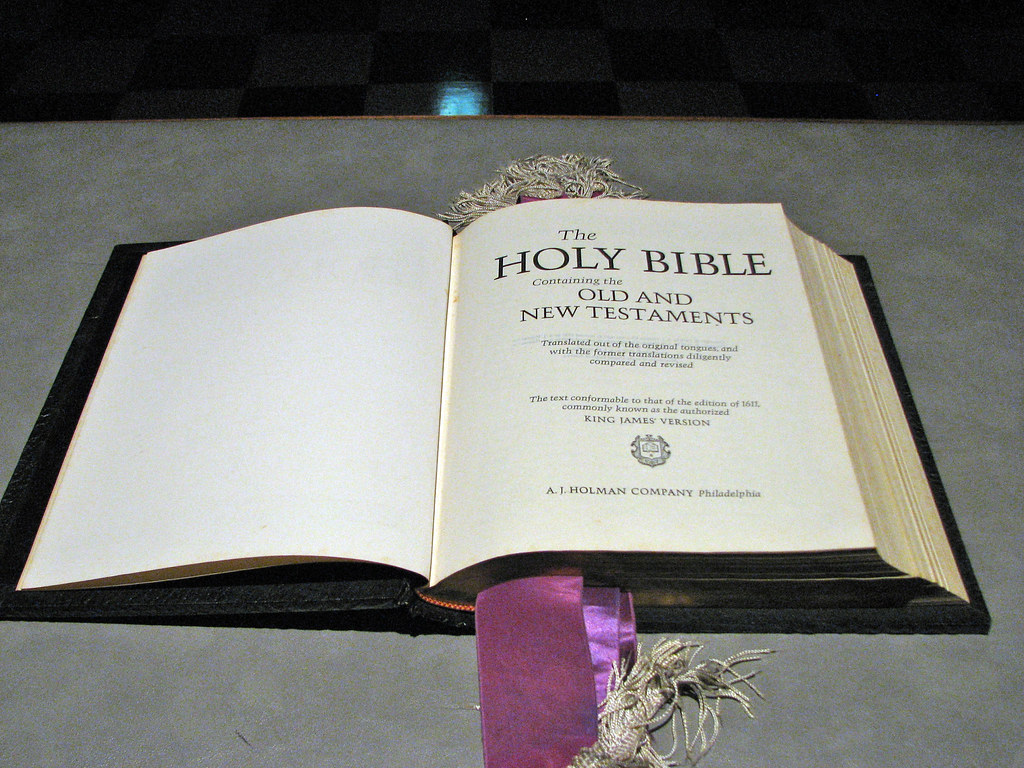 |
| Creative Commons License 2.0 / Horia Varlan |
To what extent do you think that language actually controls thought? Does this bother you?
This is what my paper is about, and I want to know how relevant and interesting this subject is. I've written out an introduction and a little bit of sample analysis. It's still super rough and I haven't really revised it yet, but here's a sample of my basic ideas:
Language is the medium through which thoughts are formulated, and thought is often limited by the limitations of the language. This idea has been explored through literature throughout history; notably, George Orwell’s Nineteen Eighty-Four comes to mind, in which the Party actively eradicates all excess words to make the vocabulary of the people smaller in order to reduce the chance of “thoughtcrime” (citation needed). But before Nineteen Eighty-Four was published in the year 1949, Ayn Rand’s Anthem (published in 1938) and Lewis Carroll’s Through the Looking Glass (published in 1871) both explored the effects of language on someone’s thoughts, actions, or perception of reality. Anthem is a dystopia, with obvious social commentary about language, whereas Through the Looking Glass has a much more whimsical tone and uses language less oppressively, but despite their different genres and tones, each novel demonstrates how language can literally control people, and limitations in the language lead to limitations of thought.












_title_page.png)




















.jpeg)
.jpeg)



